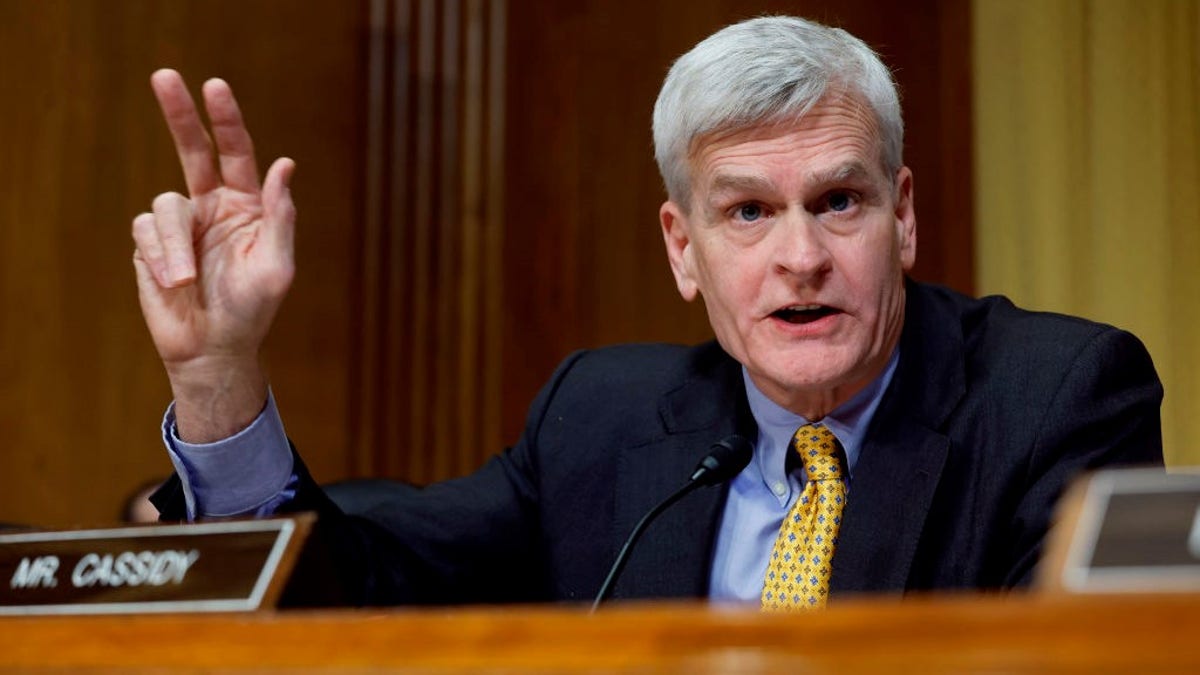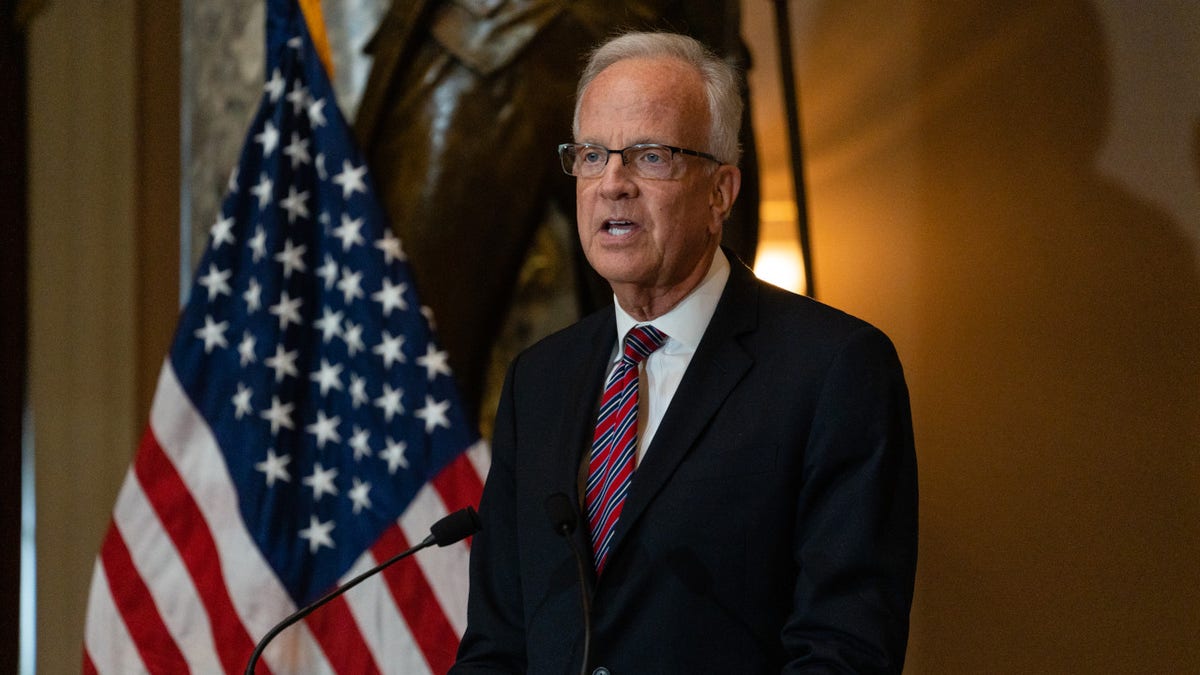VA crisis line failed to send help for vet who committed suicide: report
This story discusses suicide. If you or someone you know is having thoughts of suicide, please contact the Suicide & Crisis Lifeline at 988 or 1-800-273-TALK (8255).
The Veterans Affairs crisis line is under fire after the service failed to send help for a veteran who eventually committed suicide.
A Texas veteran committed suicide just minutes after reaching out to the VA crisis line in a text message, saying he had tested a plan for suicide and was in a location with access to the materials to carry it out, according to a report from Military.com.
The incident was uncovered in a VA Office of Inspector General report, which detailed that the crisis line responder did not contact the veteran directly by phone or attempt to alert first responders of the possible suicide attempt, but instead directed the individual to enact a safety plan that had been formulated with a family member and terminating the exchange without verifying the plan had been enacted or receiving a response from the veteran.
LEAKED VETERANS AFFAIRS TRAINING VIDEO PROMOTES ABORTION, SUGGESTS MEN CAN GET PREGNANT
According to the OIG report, the veteran suffered from post-traumatic stress disorder and had a history of suicidal behavior before texting the line in 2021. The veteran had also previously been flagged as a high risk for suicide, but the report found that flag had been removed the year before, something that could have helped the responder’s response.
The unnamed veteran first texted the line at 10:14 p.m. and said he was in a place with access to the materials to commit suicide, according to the report, adding that he had tested the planned suicide method to the point he could feel “everything fade.” The veteran also said he had a safety action plan with a family member and texted an apparent hint that the plan needed to be enacted at 11:02 p.m., the last text the line received from the veteran.
The responder continued to try to text the veteran but did not receiver a response, terminating the exchange at 11:29 p.m. The veteran died by suicide at 11:40 p.m., according to the report.
The report garnered bipartisan outrage from lawmaker’s last week at a Senate Veterans Affairs Committee hearing on suicide prevention at the VA, with Sen. Bill Cassidy, R-La., calling out the failures of the VA’s executive director from the time.

ARMY VETERAN SAYS FAITH IN GOD SAVED HIS LIFE AFTER 12 SUICIDE ATTEMPTS: ‘SOMETHING STRONGER THAN MYSELF’
“This is an incredibly damning OIG report, incredibly damning,” Cassidy said. “I’m struck that the executive director who apparently interfered with the OIG report was not fired. She’s reassigned, I presume, still receiving a paycheck.”
“We’ve had so damn many hearings on mental health, and it doesn’t seem like anything has changed,” Sen. Jon Tester, D-Mont., said. “We just got to do better…. It’s ruining lives, it’s ruining families.”
The OIG report also found other “systemic issues” with the veteran crisis line, including a lack of a policy on silent monitoring for quality control and an inability to save text messages.
“The OIG determined that the leaders failed to establish a text message retention process in over 10 years of the VCL’s use of text messaging for crisis management,” said Dr. John Daigh, the VA’s assistant inspector general for health care inspections, according to the report.
CLICK HERE FOR MORE US NEWS
The report also concluded that the crisis line responder who was responsible for the 2021 exchange with the suicidal veteran had an “inadequate” response and failed to recognize the veteran’s suicide risk while not following up when the individual stopped texting. Crisis line leaders also delayed disclosing the death and failed to conduct a required root cause analysis, which is supposed to be done within 45 days.
“Why does it take an inspector general’s investigation for this to be addressed? What’s not taking place at VA to get this solved before this particular veteran committed suicide?” Kansas Sen. Jerry Moran, the committee’s ranking Republican, asked during the hearing.

Matthew Miller, the executive director for suicide prevention at the VA, pledged to lawmakers to make improvements to the crisis line during the hearing.
“It’s our earnest desire and pledge to apply the wisdom gained through this review to strengthen processes as we continue to serve veterans who are the center of all we do, even at this very minute as we answer calls,” Miller said.
The VA did not immediately respond to a Fox News request for comment.
Read the full article Here


